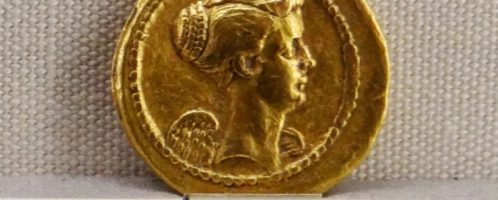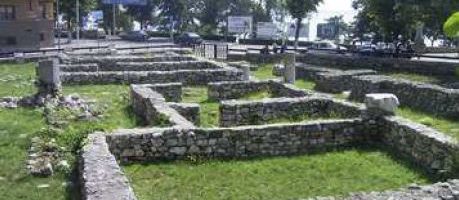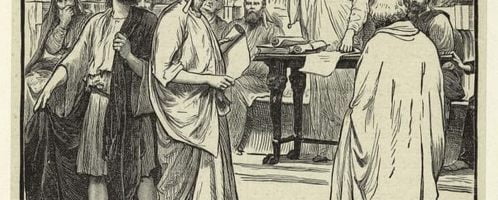Fulvia – first Roman woman on Roman coins
Fulvia was the daughter of Marcus Fulwius Bambalio and Sempronia Tuditani. The father was called Bambalio, which meant Stutter. Marcus Tullius Cicero called him “a good man”, but he probably did not achieve much on the political scene. About his maternal grandfather, Sempronius Tuditanus, Cicero in turn said that he was a madman who threw money out of rostra to the poor.











